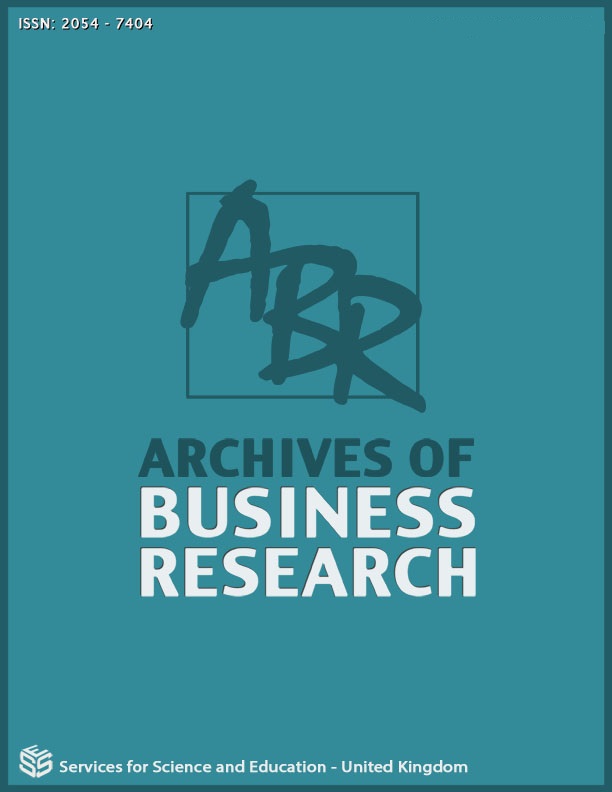The The Influence of Unit Command Leadership and Unit Culture on Soldier Performance Mediated by Soldier Job Satisfaction
(Study in the XIII/Merdeka Military Regional Command Headquarters
DOI:
https://doi.org/10.14738/abr.98.10480Keywords:
unit commander leadership, unit culture, soldier performance, soldier job satisfactionAbstract
The objective of this research is to determine the relationship between unit commander leadership style and unit culture on soldier performance through job satisfaction as an intervening variable at XIII/Merdeka Military Regional Command Headquarters. The population of this study was based on managerial & staff positions consisting of 364 soldiers. The samples was 61 soldiers of XIII/Merdeka Military Regional Command Headquarters. This study uses quantitative methods. Primary data were collected used a questionnaire as an instrument to prove the results of the study. By using Smart Partial Least Squares (PLS), the analysis of the collected data reveals and tests hypothesis. The research result showed that commander's leadership style did not significantly affect on soldier performance while unit culture has a positively affect on soldier performance.
References
Chen L Y 2004. Examining The Effect Of Organization Culture And Leadership Behaviors On
Organizational Commitment, Job Satisfaction, And Job Performance At Small And Middle-Sized Firma Of Taiwan, Journal of American Academy of Business, 5 (1) 432-438
De Groot, Timothy K, D Scott D, and Thomas C 2000. A Meta Analysis to Review
Organizational outcomes Related to Charismatic Leadership, Canadian Journal of Administrative Science, 17 356-371
Fuad M 2004. Survai Diagnosis Organisasional: Konsep dan Aplikasi, Badan Universitas
Diponegoro. Semarang
Griffin R W 1980. Relationships Among Individual, Task Design, and Leader Behavior
Variables, Academy of Management 23 (4) 665-683
Handoko H 1995. Manajemen Personalia dan Sumber Daya Manusia, Edisi 2, BPFE,
Yogyakarta
Kirkpatrick S and Loecke E A 1996. Direct and Indirect Effect of Three Core Charismatic
Leadership Components on Performance and Attitudes, Journal of Applied Psychology, 81, 36-51
Lodge B, Derek C 1993. Organizational Behavior and Design, Gramedia, Jakarta.
Ostroff C 1992. The Relationship Between Satisfaction Attitudes and Performance An
Organizational Level Analysis, Journal Of Applied Pscychology, 77 (68) 933-974.
Petty, M M, McGee G W and Cavender J W 1984. A Meta-Analysis of The Relationship
between Individual Performance, Academy of Management Review,.9 (4), 712-21
Sheridan J. E, 1992, Organizational Culture and Employee Retention, Academy of
Management Journal, December, 65 1036 - 1056.
Wallach E J 1983. Individual and Organizations: The Culture Match, Training and
Development Journal, 37 (2) 29-36.
Downloads
Published
How to Cite
Issue
Section
License
Copyright (c) 2021 Bernhard Tewal, Olivia Nelwan, Yohanis Wibowo, Greis M Sendow,, Victor P. K. Lengkong

This work is licensed under a Creative Commons Attribution 4.0 International License.






